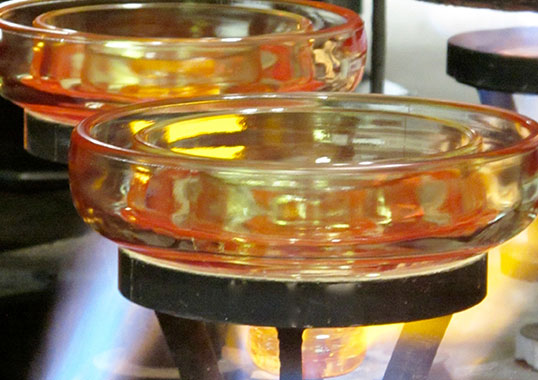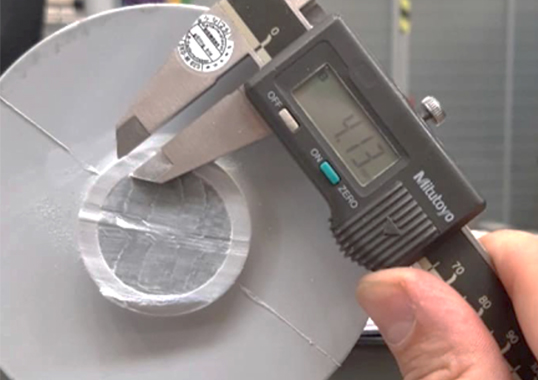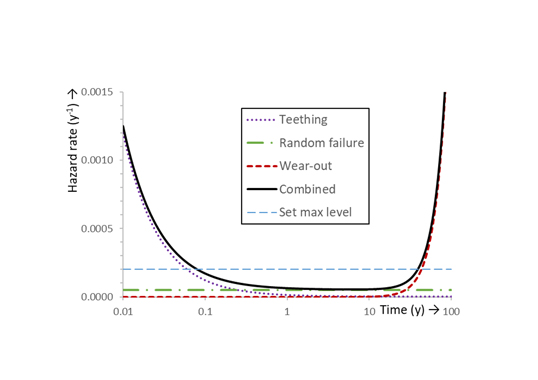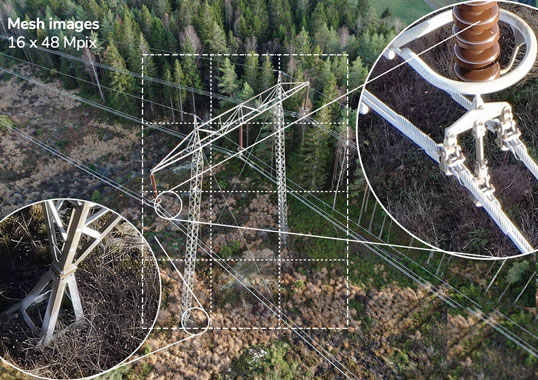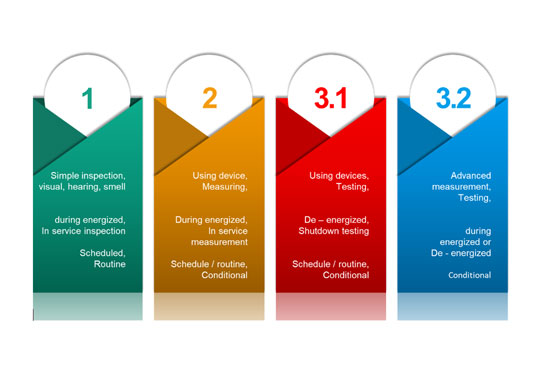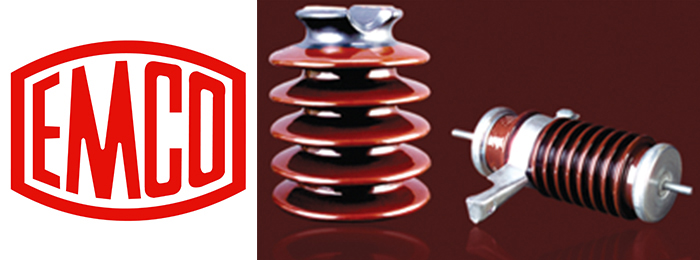Manufacturing Quality of Toughened Glass Insulators by Ed Niedospial
Quality can be defined as a measure of the relative superiority of a particular product when compared to similar products and also as a degree of excellence. In the case of the electric power industry, quality is benchmarked using defined national and international standards, including ANSI, IEEE, ASTM or similar. While meeting such standards is mandatory, most engineers have come to recognize that standards actually represent minimum performance requirements for a component or material to function properly in its application. For this reason, many users and also manufacturers look to further differentiate product quality with enhanced specifications. Manufacturers use continuous process improvement methodologies, with focus placed on process controls, repeatability and zero defects. Ultimately, the goal is that quality represents product capability and longevity as well as compliance with industry standards and customer specifications. This presentation discusses quality in relation to toughened glass insulators, which are manufactured in two steps: production of the glass shell; and assembly of metal fittings to that shell. The focus is on what comprises quality when manufacturing the toughened glass shell and later when finally assembling the insulator as a separate step.

